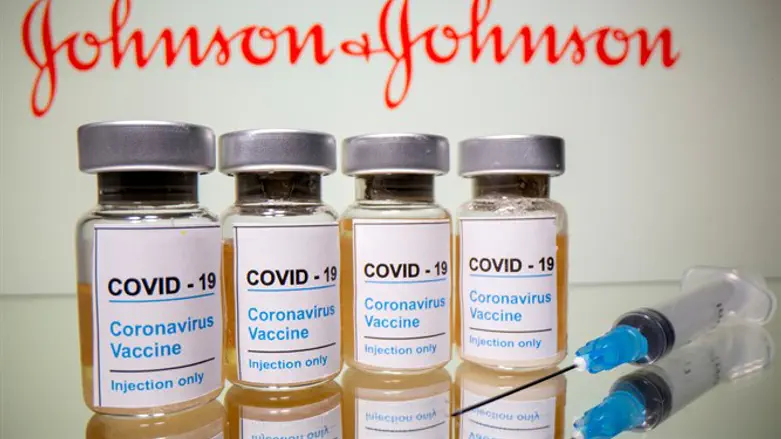
The Food and Drug Administration (FDA) on Monday announced a new warning for the Johnson & Johnson coronavirus vaccine, saying the shot has been linked to a serious but rare side effect called Guillain-Barré syndrome, in which the immune system attacks the nerves, reports The Washington Post.
About 100 preliminary reports of Guillain-Barré have been detected in vaccine recipients after the administration of 12.8 million doses of Johnson & Johnson vaccine in the United States, according to a companion statement from the Centers for Disease Control and Prevention (CDC), which monitors vaccine safety systems with the FDA.
Of these reports, 95 were serious and required hospitalization, the FDA statement said. There was one death. Neither agency provided details about the death.
The cases have largely been reported about two weeks after vaccination and mostly in men, many aged 50 and older, according to the CDC. Most people fully recover from Guillain-Barré.
Although the available evidence suggests an association between the Johnson & Johnson vaccine and increased risk of Guillain-Barré, “it is insufficient to establish a causal relationship,” the FDA said.
Johnson & Johnson declined to comment.
The FDA cleared the Johnson & Johnson COVID-19 vaccine, which works with just one dose instead of two, in late February, but the vaccine has been plagued by problems, including stumbles at its US manufacturing plant.
Last month, the FDA told Johnson & Johnson that millions of doses of its vaccine produced at a troubled plant in Baltimore can't be used because of possible contamination issues.
The Emergent plant was ordered to pause production in April, several weeks after it was determined that batches of substance used to produce the J&J vaccine were cross-contaminated with ingredients from the AstraZeneca vaccine, ruining a reported 15 million J&J doses.
Available data do not show a pattern suggesting a similar increased risk of Guillain-Barré with the Pfizer-BioNTech and Moderna vaccines, according to The Washington Post.
